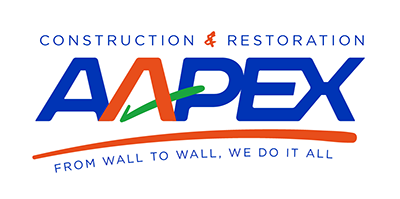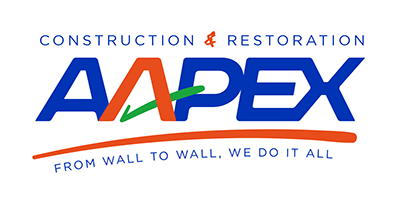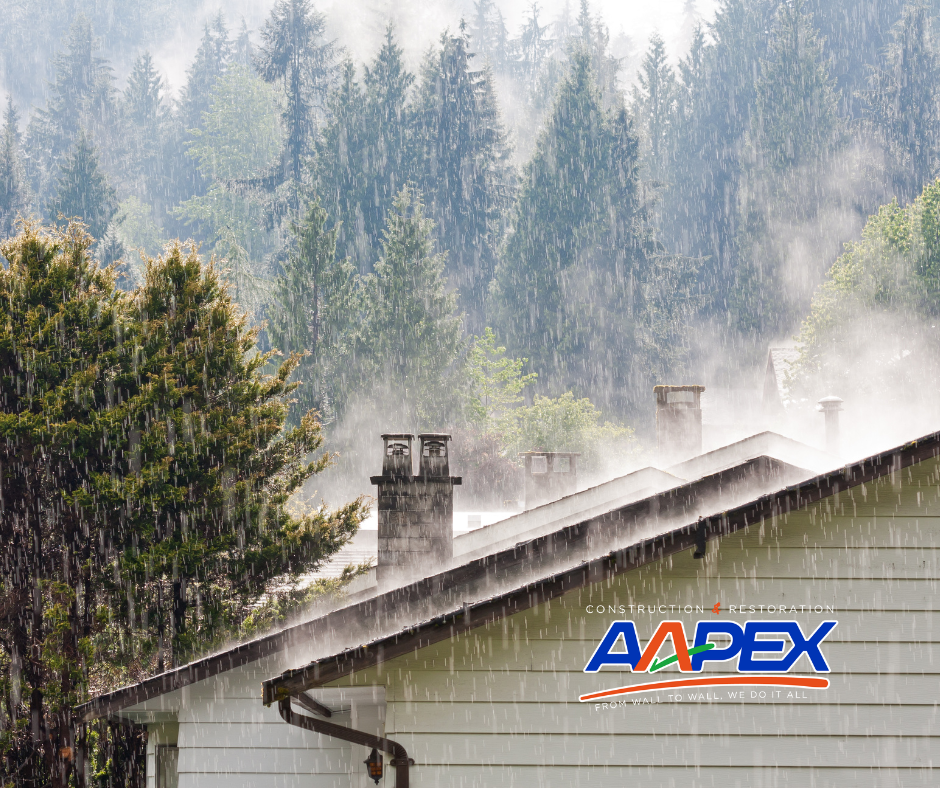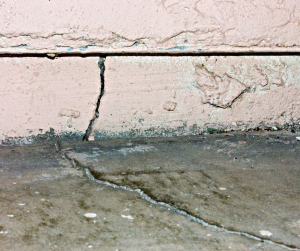Heavy rain can wreak havoc on your home, particularly if it leads to basement flooding. Not only does it raise risks to your property and belongings, but it can also create a breeding ground for mold and mildew, posing health hazards for you and your family. To help you better understand why your basement is flooding, let’s look into the common causes of basement flooding and provide practical solutions to help you keep your basement dry and your home protected during the next bad storm.
Why is My Basement Flooding?
Basement flooding during heavy rain can result from various factors, each contributing to water finding its way into your home’s lowest level. Understanding the factors that cause this will help you take action more quickly in the future, if you become a victim of this frustrating ordeal. Let’s take a look.
Common Causes of Basement Flooding
In the event of water flooding into your basement, here are the top 4 most common reasons as to why this is happening:
- Damaged Foundation: Your home’s foundation is the bedrock of its structural integrity. Cracks, shifts, or deterioration in the foundation can create pathways for water to infiltrate your basement, especially during heavy rainfall.
- Poor Drainage: Effective drainage systems are essential for directing rainwater away from your home’s foundation. When gutters, downspouts, or yard drains become clogged or damaged, water can accumulate around your basement walls, increasing the risk of flooding.
- Poor Gutter Maintenance: Gutters play a crucial role in channeling rainwater away from your home. However, neglecting gutter maintenance can lead to blockages, causing water to overflow and infiltrate your basement. Regular cleaning and inspection of gutters are essential to prevent this issue.
- Sump Pump Failure: Your sump pump is your basement’s primary defense mechanism against flooding. If it fails to operate during heavy periods of rain, your basement becomes vulnerable to water intrusion. Regular maintenance and testing of your sump pump is critical to ensure it functions when it’s needed the most.
Quick Solutions to Stop Water Intrusion
When faced with basement flooding, taking immediate action is crucial to minimize damage and prevent further problems. Here is a quick step guide you can use to help solve the issue:
- Identify the Source: Locate the source of water intrusion and take steps to block it, such as placing towels, buckets, or other to prevent further flooding. For some solutions, check this out – Quick, Unusual “Fixes” to Hold Over Surprise Water Leaks
- Check Your Sump Pump: Ensure your sump pump is operational and free of debris. If necessary, manually activate the pump to remove excess water from the basement.
- Remove Standing Water: Use a wet/dry vacuum or buckets to remove standing water from the basement floor. Immediate removal of water can help prevent structural damage and mold growth from occurring.
- Contact Professionals: Don’t hesitate to contact a reputable water damage restoration company like Aapex Construction & Restoration for expert advice and repairs.
How to Prevent Basement Flooding in the Future
No one wants their basement to flood, and to those that have experienced it, they know the hassle and frustration of the cleanup process. To prevent flooding, here are some preventative measures you can take.
Foundation Maintenance
Maintaining a solid foundation is crucial to prevent basement flooding and uphold the structural integrity of your home. Regular inspections are essential for early detection of any signs of damage, such as cracks, bows, or shifts in the foundation. By scheduling annual inspections, you can effectively address any issues and prevent future flooding.
Additionally, proper grading around your home foundations is also important, ensuring rainwater is directed away from the foundation to minimize the risk of basement flooding.
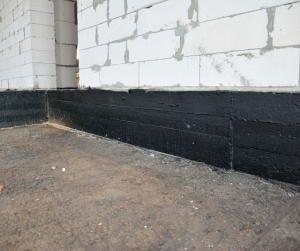
Waterproofing Your Basement
Investing in basement waterproofing is a proactive step towards safeguarding your home from potential flooding. Interior waterproofing methods involve applying specialized sealants or waterproof coatings to basement walls and floors, effectively blocking water penetration.
Exterior waterproofing entails excavating around the foundation to apply waterproof membranes or coatings, creating a robust barrier against groundwater and surface water infiltration. Additionally, installing a sump pump equipped with a battery backup system ensures effective water removal during heavy rain or power outages.
Insurance Coverage
When working with Aapex Construction & Restoration, having adequate insurance coverage is crucial to the process of protecting your home and belongings in the event of basement flooding. Ensure that your insurance policy covers:
- Basement Water Intrusion: Confirm that your insurance policy includes coverage for water damage resulting from basement flooding.
- Sewer Backups and Ground Backups: Check if your policy provides coverage for sewer backups and ground backups, which are common causes of basement flooding.
- Mold Coverage: Mold growth can occur rapidly in damp environments, such as flooded basements. Make sure your insurance policy includes coverage for mold remediation to mitigate potential health risks and property damage.
Consult with the Experts
For advice and professional assistance, turn to the experts at Aapex Construction & Restoration to schedule a preventative maintenance inspection and to review your insurance to ensure proper cover as it relates to flooding. Our experienced team can assess your home’s unique needs, recommend tailored solutions, and provide guidance to keep your basement dry and your property protected.
